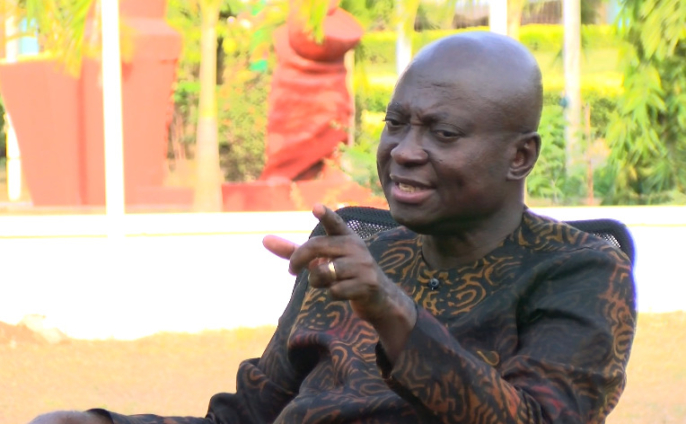The Member of Parliament for Abuakwa South, Samuel Atta-Akyea, has dismissed allegations that the Supreme Court serves as an extension of the Jubilee House, describing such claims as misguided and uninformed.
According to Atta-Akyea, those making these assertions lack a proper understanding of legal principles and the judiciary’s fundamental role in a democratic society.
His remarks come in response to criticism following the Supreme Court's recent decision to overturn Speaker Alban Bagbin’s declaration of four parliamentary seats as vacant.
The decision sparked a wave of reactions, with some critics accusing the Court of bias and undue influence from the executive branch.
In an interview with Channel One TV on Saturday, 16th November, Atta-Akyea robustly defended the Supreme Court's integrity.
He described the justices as distinguished and impartial legal professionals committed to upholding the rule of law, emphasising that their decisions are rooted in legal reasoning, not political affiliation.
“Those who claim that the Supreme Court is merely an extension of the Jubilee House and will rubber-stamp what we want are mistaken," he stated.
He noted that the recent case showcased the Court’s independence, pointing out that two judges, Justice Lovelace Johnson and Justice Amadu Tanko, had dissented, demonstrating the diversity of thought within the judiciary. “The Supreme Court is a forum of respectable and capable individuals," he added.
Atta-Akyea further stressed that it was misleading to view the Court as an arm of the executive.
He criticised those who held such views as lacking a proper understanding of the rule of law and argued that such perspectives were subversive to the constitution and the principles of judicial independence.
The controversy arose after the Supreme Court's ruling on 12th November, which overturned Speaker Alban Bagbin's decision to declare four parliamentary seats vacant.
The ruling was in favour of a challenge mounted by Majority Leader Alexander Afenyo-Markin, asserting that the Speaker’s declaration was not in line with the law.
In their detailed judgement on 14th November, the five justices who supported Afenyo-Markin's position clarified that a parliamentary seat can only be considered vacant if an MP switches political parties while maintaining their position in Parliament.
Meanwhile, the two dissenting justices argued that the Supreme Court did not have the jurisdiction to decide the matter, highlighting a significant difference in legal interpretation regarding the Court's powers.
Latest Stories
-
Fashion at Joy Prime Made in Ghana Fair
6 mins -
Alan Kyerematen wanted me to be his running mate – Okyeame Kwame
16 mins -
AFCON 2025Q: Otto Addo calls up Jerry Afriyie, two others for Niger clash
2 hours -
Vacant Seats: Supreme Court failed to strengthen Ghana’s democracy – NDC’s Beatrice Annan
2 hours -
Coop Kee makes bold statement with ‘Ohemaa’
2 hours -
Judiciary not a rubber stamp for Jubilee House decisions – Atta Akyea asserts
3 hours -
Judiciary being manipulated by politicians – Franklin Cudjoe claims
3 hours -
NPP slams ‘unwarranted and disgraceful’ attacks on Kufuor
3 hours -
Election 2024: Dampare cautions public against electoral misconduct
3 hours -
Mahama: Voting for Bawumia is endorsing mismanagement
3 hours -
NPP Ho Central PC launches ‘DINATO’ loan scheme to support women traders
3 hours -
Vacant seats: Political poison in the judicial system at its peak – Justice Atuguba
3 hours -
Kadjebi NCCE engages political party youth activists on peace, tolerance
4 hours -
Krachi East: NCCE educates voters on proper voting procedures
4 hours -
NCCE organises debate for Kwesimintsim parliamentary candidates
4 hours

